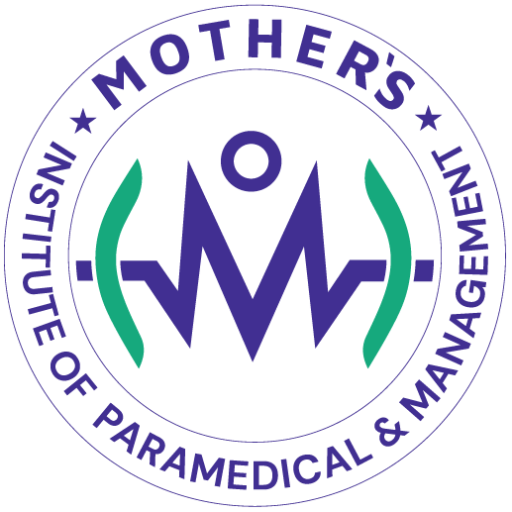The Diploma in Nursing Assistant program is designed to provide individuals with the foundational knowledge, practical skills, and clinical experience necessary to assist licensed nurses and other healthcare professionals in delivering patient care. Nursing assistants, also known as nursing aides or nurse aides, play a vital role in healthcare settings by providing direct care to patients, assisting with activities of daily living, and ensuring the comfort and well-being of individuals under their care. This diploma program prepares students for entry-level positions in healthcare facilities such as hospitals, long-term care facilities, nursing homes, and rehabilitation centers.
- Fundamentals of Nursing:
Students learn the foundational principles of nursing care, including basic anatomy and physiology, infection control, patient safety, and healthcare ethics. They develop an understanding of the nurse assistant’s role within the healthcare team and the importance of professionalism and compassion in patient care. - Patient Care Skills:
This segment focuses on developing practical skills in patient care, including bathing, grooming, dressing, feeding, toileting, and mobility assistance. Students learn proper body mechanics, transfer techniques, and use of assistive devices to ensure safe and comfortable patient handling. - Vital Signs Monitoring:
Students learn to measure and record vital signs such as temperature, pulse, respiration, blood pressure, and oxygen saturation. They gain proficiency in using various types of medical equipment, including thermometers, blood pressure cuffs, pulse oximeters, and stethoscopes. - Assistance with Activities of Daily Living (ADLs): Students learn to assist patients with ADLs, including hygiene, nutrition, hydration, elimination, and rest. They develop communication skills to interact with patients respectfully, address their needs, and provide emotional support.
- Basic Nursing Procedures:
Students are trained in basic nursing procedures such as bedmaking, positioning and turning patients, applying and removing medical devices, providing catheter care, and performing simple wound care under the supervision of licensed nurses. - Patient Observation and Reporting:
Students learn to observe and report changes in patients’ physical condition, behavior, and vital signs to the healthcare team. They develop documentation skills to accurately record patient information and maintain confidentiality of patient records. - Ethical and Legal Considerations:
Students study ethical principles, legal regulations, and professional standards governing nursing practice. They learn about patient rights, confidentiality, informed consent, and the importance of maintaining boundaries and professionalism in patient interactions. - Clinical Practicum:
Hands-on clinical experience is an integral part of the curriculum, allowing students to apply theoretical knowledge and develop practical skills in real-world healthcare settings. Clinical rotations take place in hospitals, long-term care facilities, nursing homes, and other healthcare facilities under the supervision of licensed nurses and clinical instructors.
- Certified Nursing Assistant (CNA):
Working in hospitals, long-term care facilities, nursing homes, assisted living facilities, rehabilitation centers, or home health agencies, providing direct patient care, assistance with ADLs, and support to licensed nurses and other healthcare professionals. - Patient Care Assistant (PCA):
Assisting patients with activities of daily living, monitoring vital signs, providing personal care, and ensuring patient comfort and safety in hospital units such as medical-surgical, telemetry, orthopedics, or geriatrics. - Home Health Aide (HHA):
Providing in-home care and support to elderly or disabled individuals, assisting with personal care, household tasks, medication reminders, and transportation to medical appointments under the supervision of a registered nurse or licensed practical nurse. - Rehabilitation Aide:
Assisting patients undergoing physical therapy, occupational therapy, or speech therapy in rehabilitation centers or outpatient rehabilitation clinics, providing support with exercises, mobility training, and activities to promote recovery and functional independence. - Hospice Aide:
Providing compassionate end-of-life care and support to terminally ill patients and their families in hospice settings, focusing on pain management, comfort measures, emotional support, and assistance with activities of daily living.
The Diploma in Nursing Assistant program prepares students for rewarding careers in healthcare, providing essential support and care to patients in various settings. By mastering the fundamentals of nursing care, developing practical skills, and gaining clinical experience, graduates contribute to the well-being and comfort of patients while supporting the broader healthcare team in delivering high-quality patient care.
